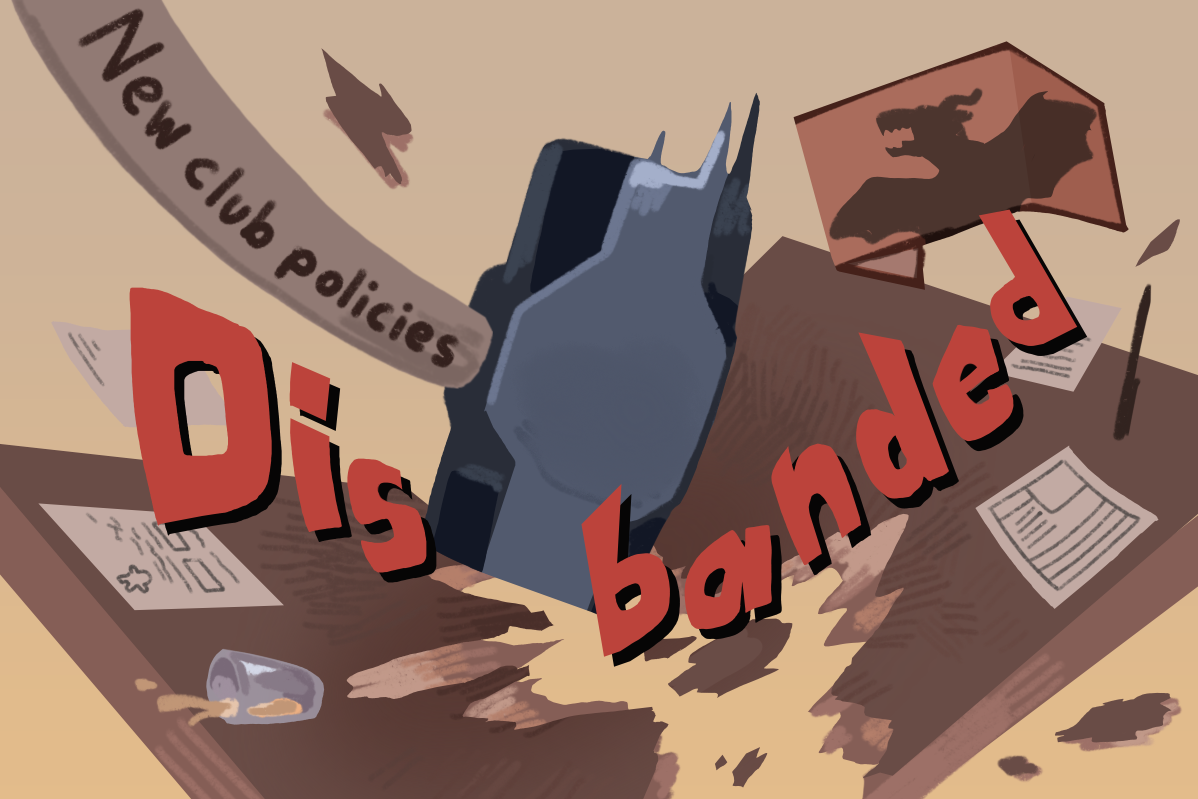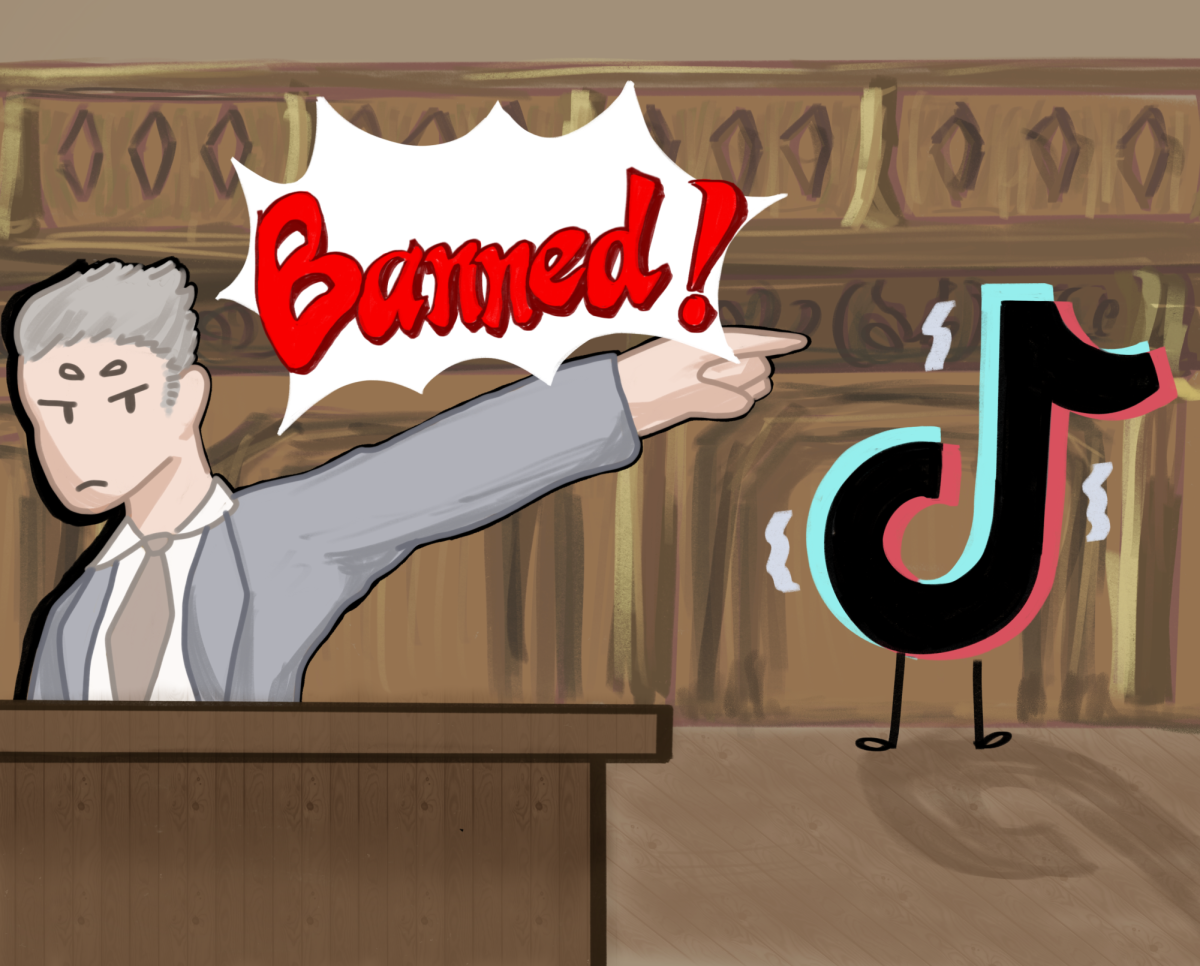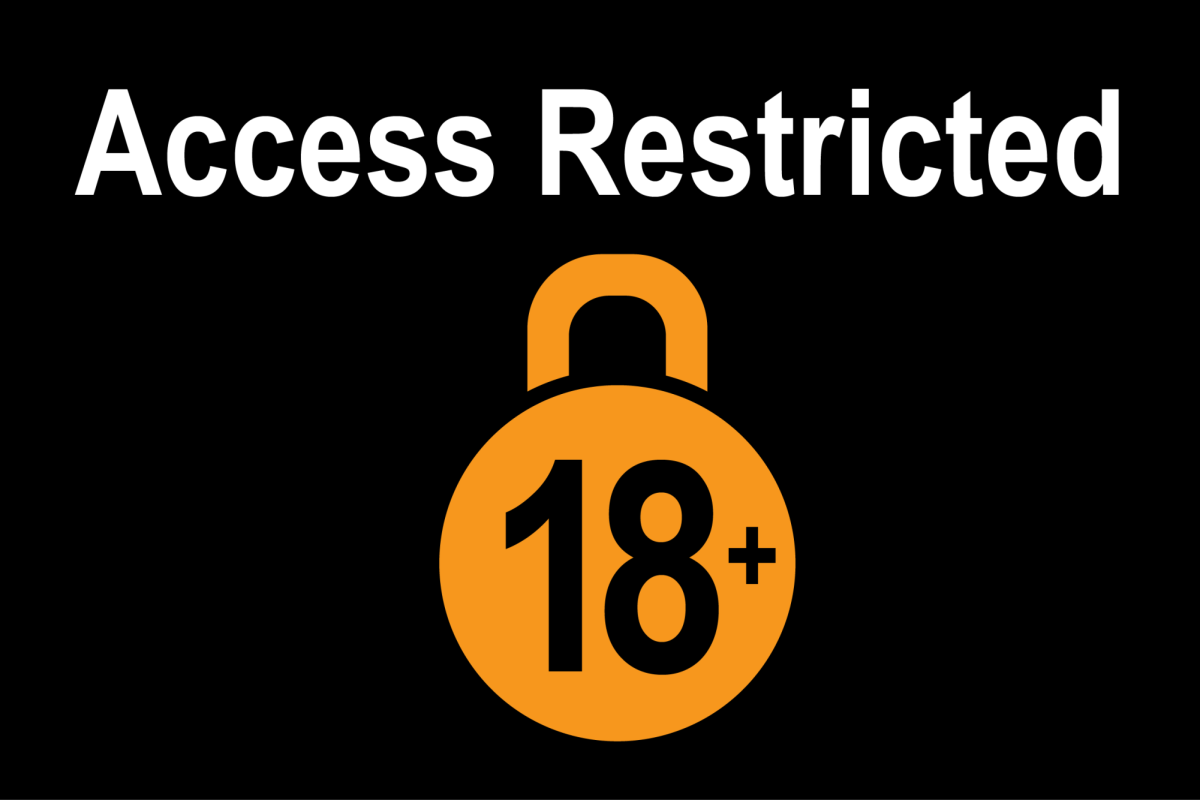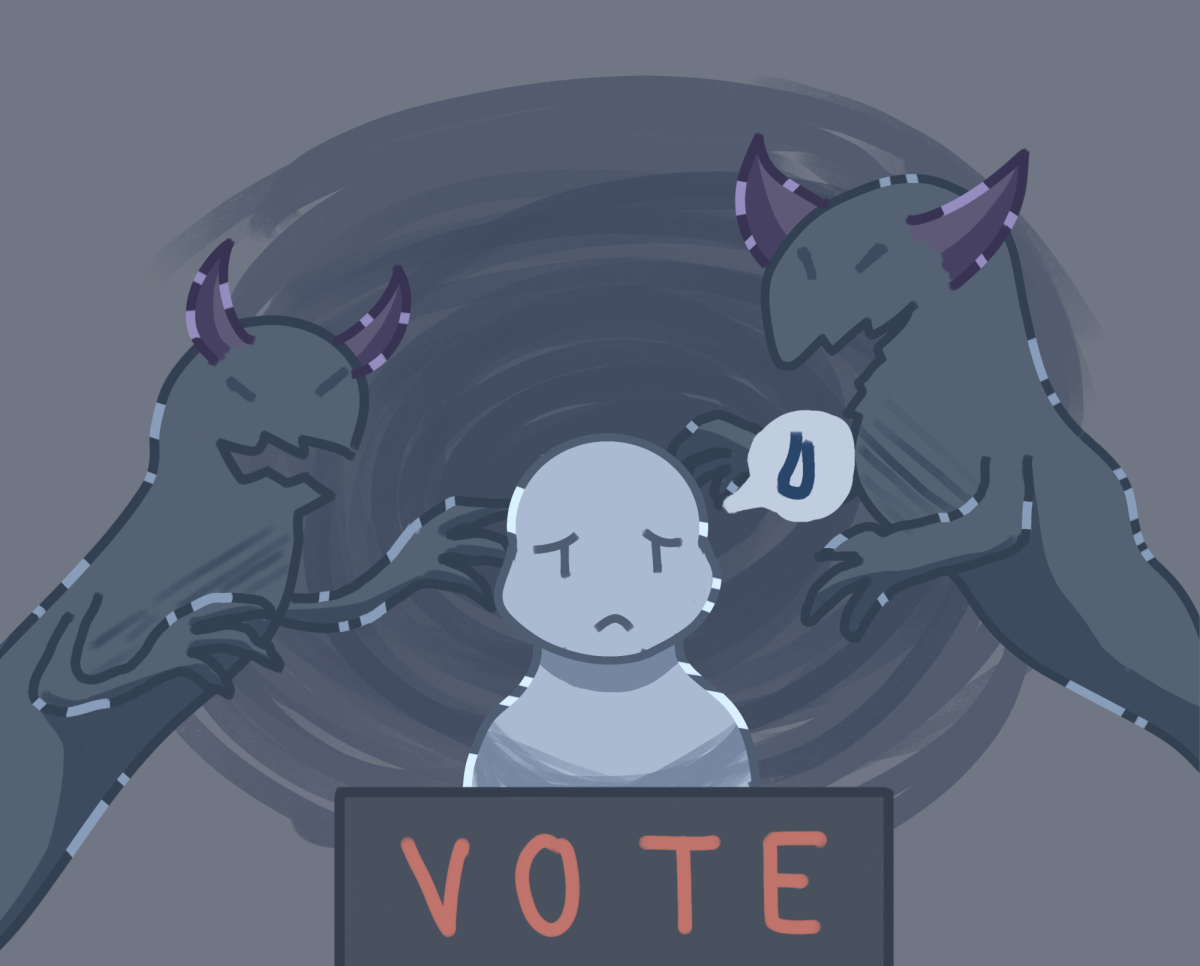By JAMES HARTLEY
@JamesHartleyETC
The Dallas County Community College District is not adhering to the spirit of Texas open records laws, which give citizens the right to access a broad spectrum of government documents, according to experts.
Kelly Shannon, executive director of the Freedom of Information Foundation of Texas, said access to open records is vital to citizen involvement in government.
“The danger is if the government operates in the dark, in secrecy,” Shannon said. “That is dangerous to the people and to our democracy. When you have government operating in the dark, it’s not answerable to the people or being held accountable to the people.”
Rob Wendland, general counsel to the DCCCD, said he believes the district follows the law.
Shannon said Texas public information laws have long been considered “some of the best in the nation.”
“The people need to stand up for it and protect it and realize what a treasure they have,” Shannon said.
The Texas Public Information Act allows anyone to request public documents from government bodies, such as spending reports, meeting agendas or police reports.
Many government officials routinely tell the press and public that they have 10 days to release records once requested.
“Really, the 10-day period is a bit of a myth,” Shannon said. “If they’ve got it ready, they need to give it to the requestor within a day, two days, whatever.”
Shannon said the 10-day period is only for incidents where the government wants to ask the attorney general for permission to withhold information from a requestor.
The district’s legal department has exhausted the entire 10-day period in all but four requests for public records, mainly campus police reports, from The Et Cetera since 2015.
One of the four requests was made April 7 and answered April 10, after several calls to the DCCCD legal offices and an interview with the records keeper about open records policy and practices.
“I try to respond to them as quickly as possible,” said Maria Miller, DCCCD legal assistant and public information officer.
Miller said she typically receives 10 to 15 public records requests a week and handles them in the order she receives them.
Two open records requests filed with the DCCCD have been sent to the attorney general for permission to redact or withhold the report, effectively leaving the public without information on a sexual assault and an identity theft case in the district.
Frank LoMonte, an attorney and the director of the Student Press Law Center, said waiting 10 days to release police reports is “not a reasonable time at all.”
“If I go into the police department and say, ‘I know you had that armed robbery yesterday, and I would like to see the police officer’s write up of the armed robbery,’ the right answer should be to reach under a counter and hand it to me,” LoMonte said. “The answer should not be to tell me to come back in 10 days.”
A recent request for a police report regarding a sexual assault on campus was denied after 11 business days. The district is seeking an opinion from the attorney general on the grounds that the case involved a minor.
[READ MORE: Forum explores immigration orders]
A weekly Eastfield crime log released by the DCCCD police department determined the sexual assault case to be unfounded, or without merit, but the report was requested 29 days before police made that note.
The attorney general’s ruling regarding the identity theft case allowed the district to redact almost the entire report on grounds that the investigation is still open. The district redacted all identifying details about the victim, the entire case narrative and a part of the synopsis.
“I know when it’s an open case, it’s my duty to try to protect it so it won’t hinder the prosecution of a crime,” Miller said.
LoMonte said most cases are never solved, so withholding reports of open cases is unrealistic.
“I think that those redactions were heavy-handed and excessive,” said LoMonte, who has reviewed the original request, the response from the Attorney General’s Office and the redacted report. “I just can’t see any justification for wholesale redacting entire passages out of police reports.”
LoMonte said there are some documents that can interfere with an investigation, but the incident report is often not one of them.
“I understand that the investigative file that has the officer’s interview notes may need to be held until the case is close,” LoMonte said. “There are certainly some confidential, investigatory materials that can be held. But that police incident report that just says what the officer observed on the scene in no way compromises the ability to solve the crime.”
Miller said that releasing details outlined in the narrative of a police report, where officers describe what they saw at a crime scene or incident, might be withheld.
LoMonte doesn’t see any reason that would be true.
“If the officer’s write up says, ‘I showed up at the fraternity house at 3 p.m. on Saturday, saw the back window broken and I was told that three laptop computers were taken,’ none of that impedes their ability to solve the crime,” LoMonte said. “The thief knows he broke the window. The thief knows he stole the laptop. None of that in any way interferes with the ability to close the case.”
LoMonte believes governments hurt themselves by not releasing police reports while a case is still open.
“The whole point of creating those public reports is ideally to help people take precautions against crime or help solve crime,” LoMonte said. “The time to do that is right away, not two weeks belatedly.”
In some cases, the DCCCD has withheld public records past the 10-day period.
The Et Cetera requested eight reports in December 2015 for cases marked “tampering with government records” at the Eastfield financial aid office. The DCCCD legal department took 13 days to respond after confirming they had received the records request.
The district has sought an attorney general opinion in three cases, seeking to withhold either parts of or entire reports.
In an indecent exposure case, the attorney general sided with The Et Cetera. In an identity theft case, the attorney general sided with the DCCCD. An opinion on the sexual assault case is still pending.
LoMonte said news organizations should bring open records malpractice to light by writing stories about it.
“I often advise journalists to write about the inefficiency and mismanagement of the agency if it takes them that long to find a document,” he said. “How could you operate a police department effectively if you can’t even find your own crime reports for a week-and-a-half? That really speaks to a badly mismanaged agency. Surely the answer is they can find their own crime reports within seconds. They’re purposely making you wait if they’re making you come back in 10 days.”










